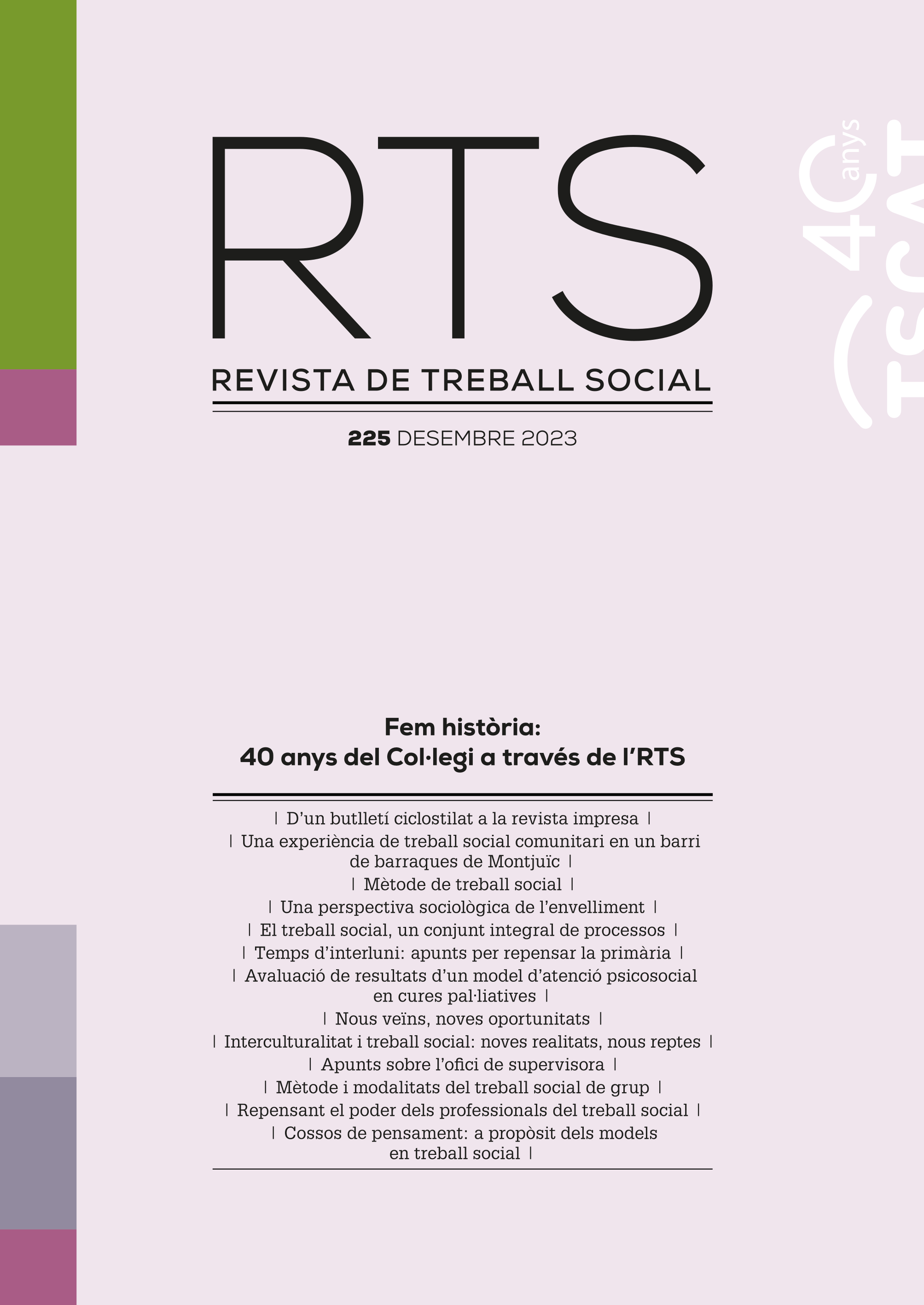Bodies of thought is a text that seeks to reflect on thought and action, but in a living, conscious way from the perspective of social work: the need for mutual recognition in which profession and citizenship are part and parcel, and this cannot be achieved without common ground between theories underpinning our everyday practice and popular wisdom.
It is a text that lends importance to ways of speaking and thinking and which tries to demonstrate that if we distance ourselves from common thought, if we disregard popular wisdom, if we fail to engage in dialogue and address our “beliefs” and our disciplinary and professional sense of logic with respect to those of citizens, our language will become a tool for dominance.
By way of conclusion, it is important to bear in mind the following: our collaborations are unique and unrepeatable because they are forged with people in real time; they are everyday stories immersed in history.
There are no two simultaneous occurrences of a single “same” to distinguish between. When choosing a model, we must be aware that we exert ourselves and impose an ideological hegemony, a form of designation that is sometimes not entirely understandable, we contrive a language that may be concealing an exercise of power and setting an excessive gap between professionals and citizens.
Perhaps all that remains is to respect the word of others. To subjectify is to humanise; otherwise, people and cultures are assumed to be things, bodies devoid of thought.
Language becomes the body of thought; language built on an aside is just a ghost.





